|
5/26/2021 Planet Word: A Modern Museum Celebrating the Power of Language, Communication and Cultural LiteracyRead NowBy Karelia Isabel Pallán“...I hoarded secret syllables I read until my tongue (my lengua) learned to run where his stumbled. And still the heart was one.” -Bilingual/Bilingüe by Rhina P. Espaillat The poem’s words washed over me as I sat in a nook hidden behind a bookcase in D.C.’s newest museum, Planet Word. Growing up bilingual — and especially learning English at an early age — has made me particularly attuned to the power of words and language. I grew up considering which words in my two languages were very similar, or which seemed similar but had different meanings, and being frustrated at the ones that had no good translation. I grew up unraveling all the hidden meanings and unspoken cultural literacy behind language and communication. I didn’t think a fun afternoon in a museum would prompt me to analyze my upbringing and worldview, but I’ve found that the best museums often do make you reconsider and restructure your lens of understanding. Planet Word celebrates not just words, but also the mechanics of how we speak and how we can communicate with each other: sharing ideas and stories, telling jokes and persuading, enlightening and inciting action. This museum combines the old idea of lifelong learning with new technology and design to create a true 21st century experience — you are invited to speak aloud, sing, laugh and interact digitally with the various exhibits all around you. Like a fish noticing water for the first time, the exhibits and interactive elements encourage you to consider the mechanics and impact of something you may have taken for granted — language. Real-life examples bring the power of language to life and show how it is important in many different contexts. It’s difficult to write a complete review of the museum without giving too much away — I want to share all the fun discoveries I made there, but I’d rather you go in person and discover these surprises for yourself. I will share, however, a little bit of the exhibits and what makes this museum so unique. You begin at the top floor where you get a short primer on how babies acquire language. This is a useful allegory for the experience of the visitor from this point on, as, like a baby, you will be discovering how the exhibits work and respond to your gestures and voice. You then encounter the pièce de résistance of the whole museum: the magic Word Wall, which responds and changes the script according to your answers to its prompts. It goes over the intricacies and discrepancies of the origins and influences of the English language as we know it today. In a world languages great hall, you can interact with videos of native speakers in more than 20 languages as they not only teach you phrases in their language, but also explain to you what aspects of their language make it uniquely structured. A large, brilliant globe at the center of the room reacts with lights, pictures and sounds as you complete a module or say a certain phrase correctly.
An interactive library hosts the aforementioned hidden nook that goes through a curated selection of poems from authors around the world, as well as a speech recording booth and whimsical miniatures of famous literary scenes that light up when you speak a phrase or quote from the story. In between the large exhibits, smaller modules in the hallways around the museum explain bite-sized aspects of the use of language. Exhibits that kids may be drawn to include a wordplay room filled with games that use jokes, puns and idiomatic expressions, and a karaoke studio that teaches you the lyrical components used to write a hit song. For me, one of the most impactful rooms was the very last exhibit called Words Matter. This part highlighted the sometimes darker side of language — how it can be used to discriminate, marginalize or hurt others. It featured videos from different storytellers sharing their experiences, as well as some interactive quizzes on linguistic bias. It was a good reminder that language can connect or divide depending on how you wield its power. Ultimately, Planet Word champions language as a beneficial tool and celebrates the power of communication, through its text and context, as humanity’s defining characteristic. It succeeds in its mission to engage both children and adults in literacy and language, while reminding everyone of the importance of words. I highly recommend visiting Planet Word soon and attending their online events. Timed-entry tickets are available on their website, though the museum can also accommodate a limited number of walk-up visitors. Tickets to both the museum and events are currently free, but you are also able to make a small donation to the museum or become an inaugural member. Learn more about Planet Word and schedule a visit at planetwordmseum.org.
0 Comments
Las vacunas desarrolladas para protegernos contra el coronavirus (COVID-19) ahora están disponibles para todas las personas adultas en los Estados Unidos, que tengan 16 años o más, independientemente de su estado migratorio (según informa el Departamento de Seguridad Nacional). Si usted aún no ha recibido su vacuna ni agendado una cita, ahora es la oportunidad perfecta ya que muchas ciudades y estados están ofreciendo la vacuna en sitios como farmacias, supermercados, hospitales, centros de salud y otros espacios bien ubicados. Todos estos lugares tienen capacidad para atender a mucha gente y sin necesidad de hacer una cita. Si usted ya ha recibido la vacuna, por favor comparta esta información con su familia y amigos.
Vacunarse contra el COVID-19 es muy importante ya que no solo le protege del virus y de complicaciones graves de la enfermedad, o inclusive, de la muerte, sino que también ayuda a proteger a su familia, amistades y a su comunidad. No se exponga ni exponga a los demás. Vacúnese lo más pronto que pueda. La vacuna es segura y lo protege. Vacunarse contra el COVID-19 es gratis, fácil, rápido y está disponible para todas las personas
Consejos para obtener la vacuna Hay varias maneras de encontrar los lugares para vacunarse:
(Fuente de información: Colaborativa COVID del Ad Council) En nuestra area Distrito de Columbia Desde el sábado, 1º de mayo, el Distrito ha hecho la transición al uso de 11 sitios de vacunación de alta capacidad, sin necesidad de cita previa. (Los lugares sin cita previa son para las primeras dosis. Después de recibir su primera dosis, se le programará una cita para recibir su segunda dosis). Los lugares sin cita previa son las farmacias, clínicas y proveedores de atención médica y están administrando las vacunas en toda la ciudad. Todas las personas adultas también pueden agendar citas a través del sitio web de CVS. Usted puede obtener más información sobre las vacunas de D.C. en: coronavirus.dc.gov/vaccinatedc. (Puede cambiar el sitio web al español haciendo click en el encabezado superior a la derecha.) Virgina En Virginia, puede encontrar y programar citas buscando su dirección en https://vaccinate.virginia.gov/index-es.html o llamando al 877-VAX-IN-VA (877-829-4682). El centro de llamadas está disponible los siete días de la semana, de 8:00 AM a 8:00 PM y hay asistencia disponible en inglés, español y más de 100 idiomas adicionales. Maryland En Maryland, las personas pueden preinscribirse en un sitio de vacunación masiva o en clínicas de vacunación como farmacias y hospitales. Visite https://coronavirus.maryland.gov/pages/vaccine para obtener más información y registrarse. (Puede cambiar el sitio web al español — listado como ‘Spanish’ — haciendo click en la pestaña azul a la izquierda de la página) Vaccines developed to protect against COVID-19 are now available to children and adults in the U.S. age 12 or older, regardless of immigration status. (Source: Department of Homeland Security) If you have not received or scheduled your vaccination, now is the perfect opportunity to get it as cities and states are offering doses at various locations like pharmacies, grocery stores, hospitals, health centers and walk-up mass vaccinations sites. If you have already received the vaccine, we hope this information might also be useful for sharing with family and friends who have not yet received it. Getting the COVID-19 vaccine is important as it will not only protect yourself from the virus, but it will also help protect your community and slow the spread of COVID-19 domestically and worldwide. Getting a COVID Vaccine is Free, Convenient and Open to All
Tips on Getting the Vaccine
(Source: Ad Council’s COVID Collaborative) In Our Area District of Columbia Beginning in May, the District transitioned to the use of 11 high-capacity, walk-up, no-appointment-needed vaccination sites. (Walk-up sites are for first doses. When you receive your first dose, you will still make an appointment to get your second dose.) The walk-up sites will be in addition to the pharmacies, clinics, and health care providers that are also administering the vaccines citywide. These sites will operate their own scheduling systems. CVS is now offering vaccinations at participating locations. All adults can book appointments through the CVS website. Learn more about D.C. vaccinations at: https://coronavirus.dc.gov/vaccinatedc. Virgina In Virginia, you can find and make appointments by searching for your address at https://vaccinate.virginia.gov or by calling 877-VAX-IN-VA (877-829-4682). The call center is available seven days a week, from 8:00 AM to 8:00 PM and assistance is available in English, Spanish, and more than 100 additional languages. Maryland In Maryland, individuals can pre-register at a mass vaccination site or at vaccination clinics like pharmacies and hospitals. Visit https://coronavirus.maryland.gov/pages/vaccine to learn more and register for an appointment. You can also call the COVID-19 Vaccination Support Center at 855-MD-GOVAX (855-634-6829), which is open seven days a week, from 7 AM until 10 PM and Support Advocates are available in English and Spanish. COVID-19 Vaccine and FAQ Information in Other Languages The DC government has translated COVID-19 resources, including info about how to get the vaccine, available on their website in Amharic, Chinese, French, Korean, Spanish, and Vietnamese. The COVID-19 Multilingual Resource Hub is a searchable hub with COVID-19 resources available in 61 different languages, vaccine FAQs in 21 languages, and a link to information about how to sign-up to receive a vaccine. The Ad Council has vaccine information available in English, Spanish, Simplified Chinese, Korean, Russian, Haitian Creole, and Vietnamese. The CDC has print materials about vaccine safety available in 26 different languages. The National Resource Center for Refugees, Immigrants, and Migrants (NRC-RIM) has vaccine fact sheets available in more than 30 languages. |
Details
AuthorKAMA DC provides a platform for immigrants to teach classes and share stories based on their skills and passions. Archives
October 2022
Categories |

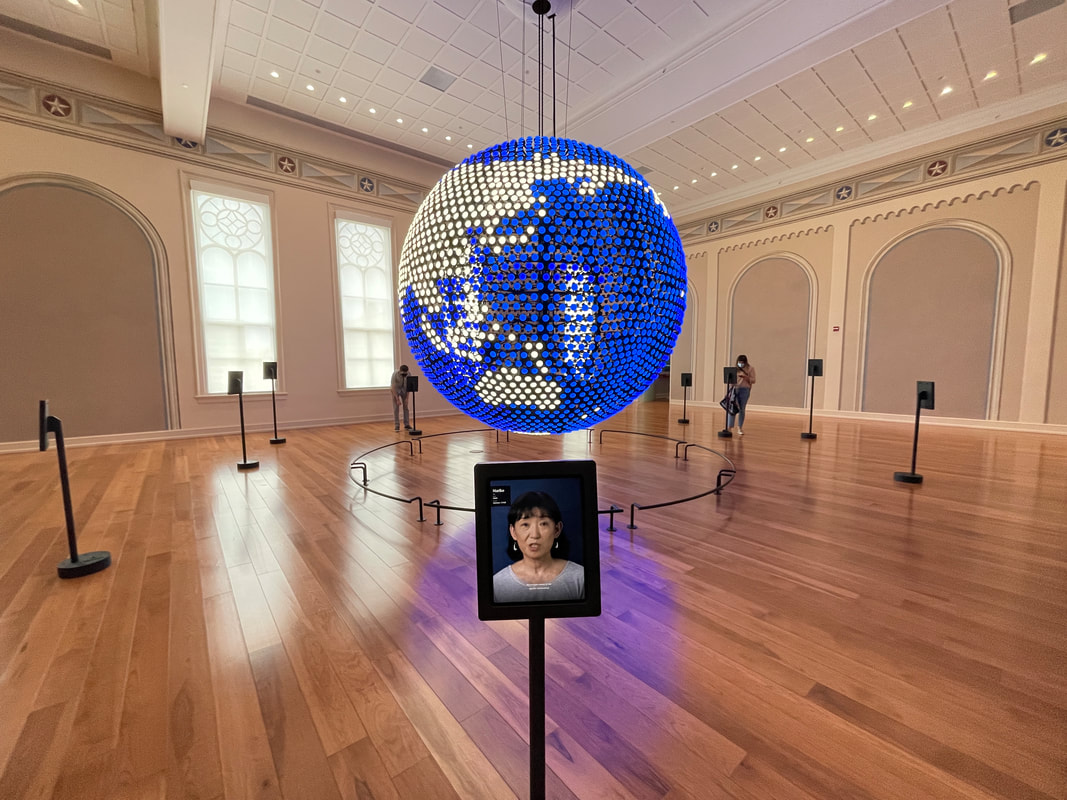
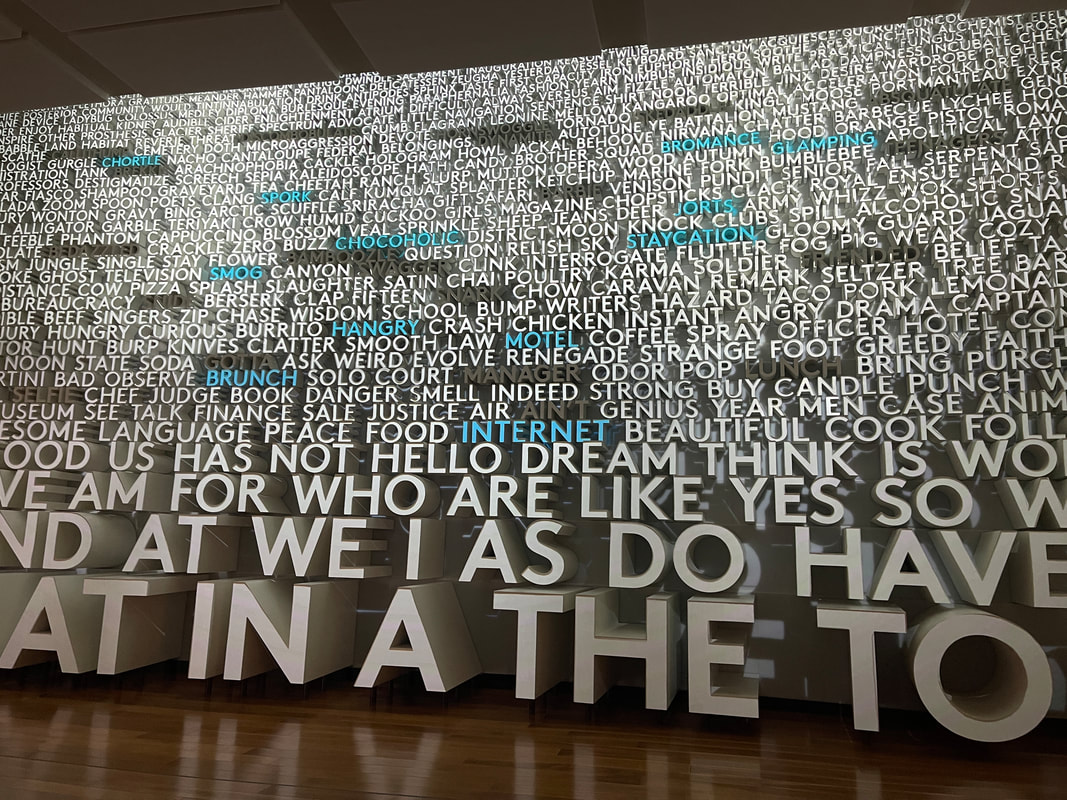
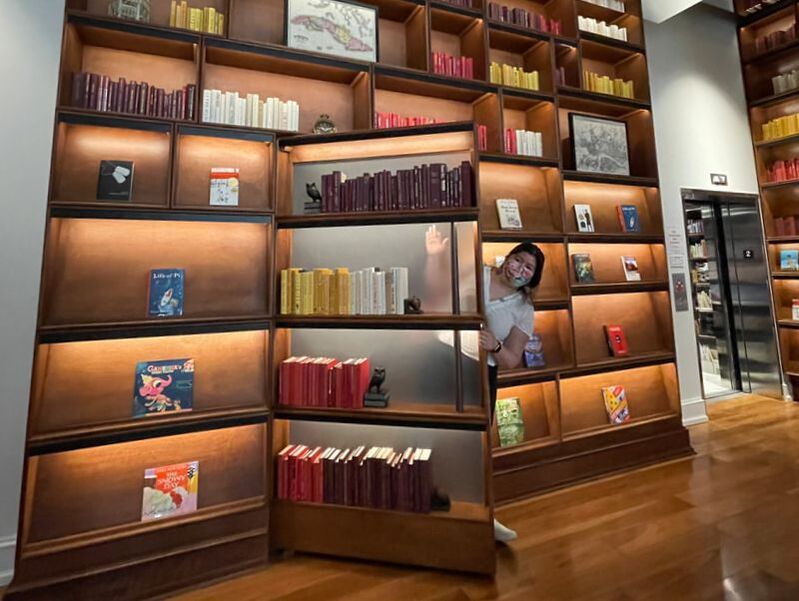
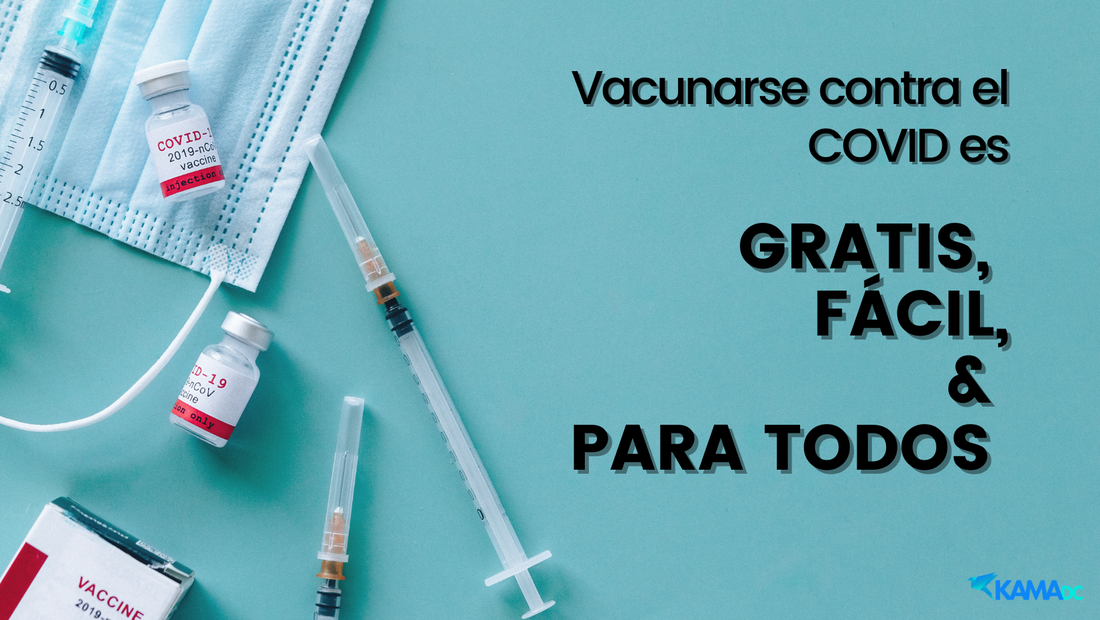
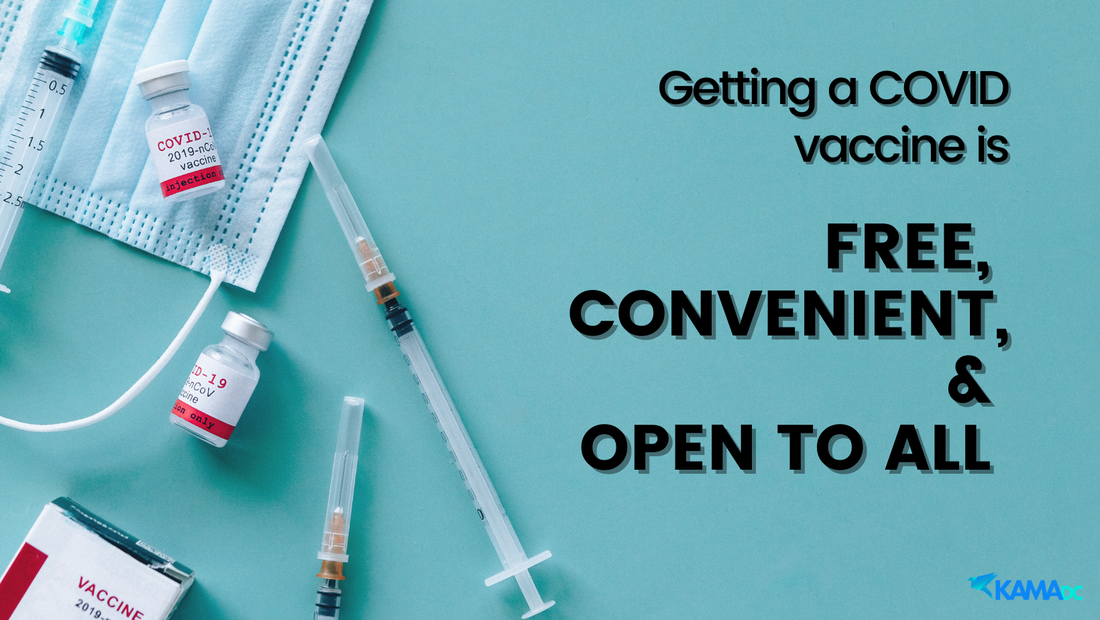
 RSS Feed
RSS Feed